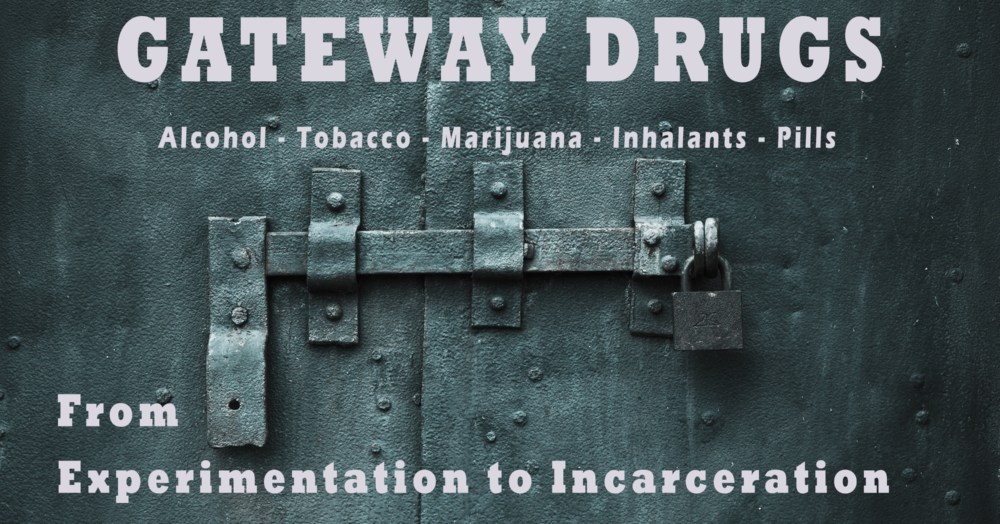What is sexual assault and how often does it occur? Sexual assault is any type of sexual contact or behavior that occurs without the explicit CONSENT of the recipient. A sexual assault occurs every 107 seconds, which is less than 2 minutes; these numbers are based on people that have chosen to report their sexual assault. Sexual assault occurs right here in Hunt County just like it does in larger counties. The crime of sexual assault is a highly under-reported crime based on the known statistics of 1 in 5 individuals will be sexually assaulted between the ages of 18-24 years old, therefore, there are many unreported cases that are still unknown.
Based on statistics from RAINN (Rape, Abuse & Incest National Network) there are approximately 207,000 cases of sexual assault that occurs each year. Approximately 54% of those victims will choose not to report their assault. Approximately 2/3 of sexual assault cases are committed by a friend or acquaintance of the victim and there is a small percentage that is a stranger rape. Approximately 97% of rapists will not spend a single day in jail. According to the statistics from RAINN the ages of the victims fall where 80% are under the age of 30 and about 44% are under the age of 18 years old. Statistics of sexual assault on college campuses from Sarah Lawrence College state that there are about 35 incidents of sexual assault for every 1000 students that are reported.
How can sexual assault happen? About 57% of assaults have happened while on dates. Approximately 55% of women who are assaulted admitted to having a drink, taking drugs, or being drugged before the assault. The number one drug used to commit sexual assault is alcohol. However, just because a victim may have had alcohol will not and should negate from them reporting an assault and it being taken seriously. Sexual assault occurs within every demographic. It is not dependent on one’s age, ethnicity, gender, or social class. More than half of all rapes have occurred within a mile of the survivor’s home.
The dynamics of sexual assault may include an attempt to control, manipulate, or demean another person using physical, emotional, spiritual, psychological or sexual tactics. Most often an intimate partner manipulates the victim by threat, force, or coercion, to do something the victim does not want to do, without any concern for the rights or well-being of the victim. Sexual assault/rape is often about Power and Control.
Stay safe by going places in groups (including the bathroom), do not assume that because someone is “nice” that they will not cause you harm (be cautious), be careful on social media (do not talk to or meet in person strangers from the online world), and do not take an opened drink from anyone or leave your drink unattended (even if it is a soft drink or tea.)
If you have been sexually assaulted and need help, you do NOT have to suffer in silence, please contact our 24/7 365 day Hotline at: 903-454-9999.
By: Amy Ramsey / Director of Community Outreach & Education
Hunt County Children’s Advocacy Center / Crisis Center of Northeast Texas

 Often expressed is the concern that young people are not interested in learning because they are overly occupied on their cell phones and not reading books. However, young people today have never known life without a cell phone device. They use it for everything from scheduling to homework. Kids can learn to love learning while using their smartphones by taking advantage of its capabilities. Here are five suggestions.
Often expressed is the concern that young people are not interested in learning because they are overly occupied on their cell phones and not reading books. However, young people today have never known life without a cell phone device. They use it for everything from scheduling to homework. Kids can learn to love learning while using their smartphones by taking advantage of its capabilities. Here are five suggestions.